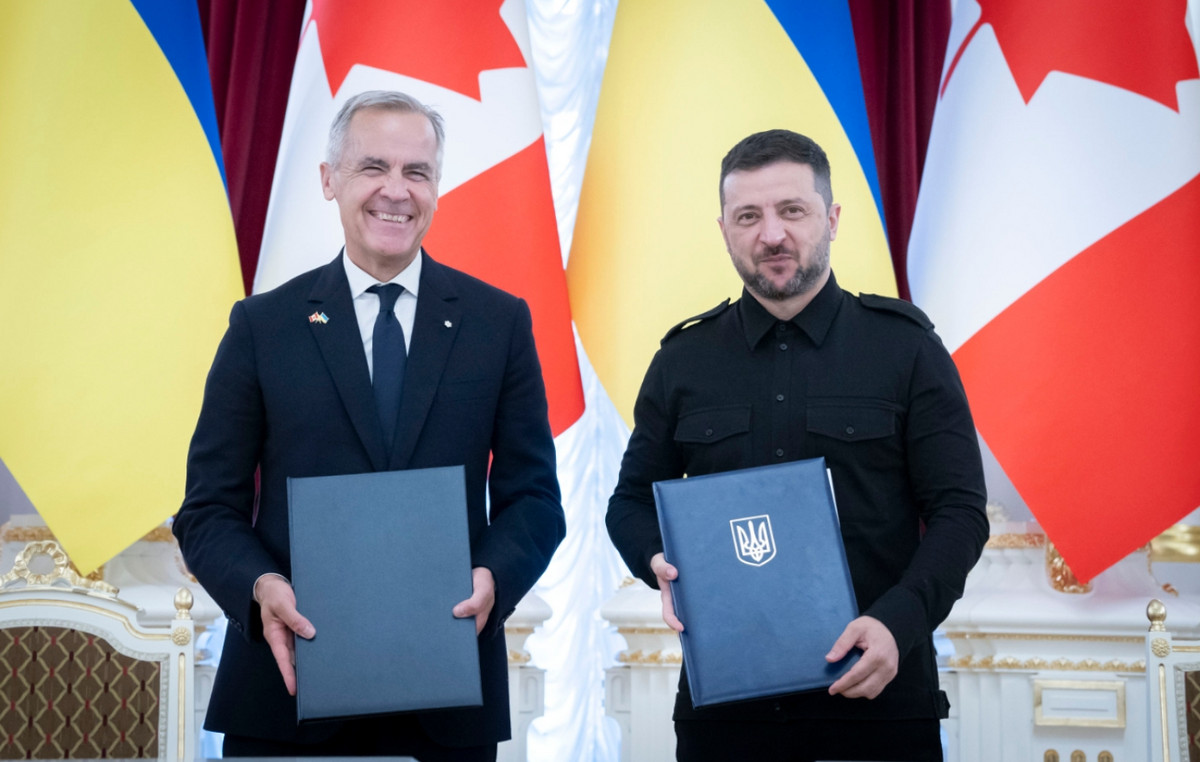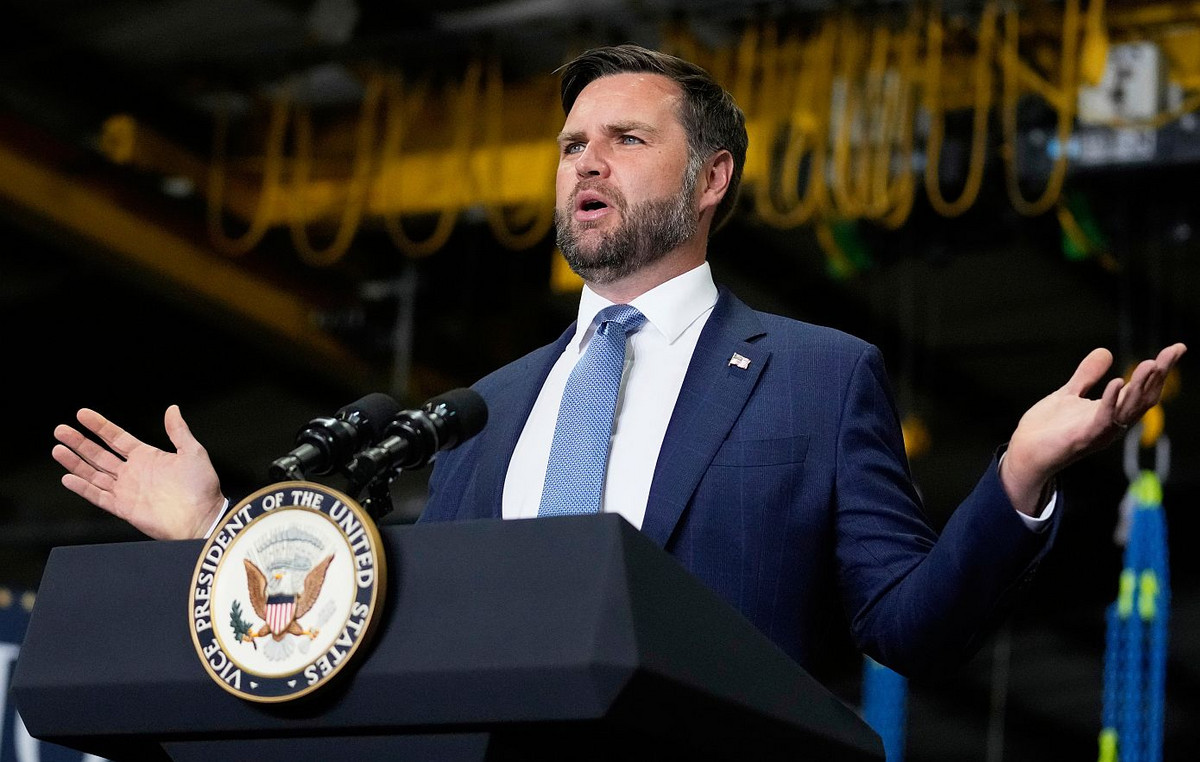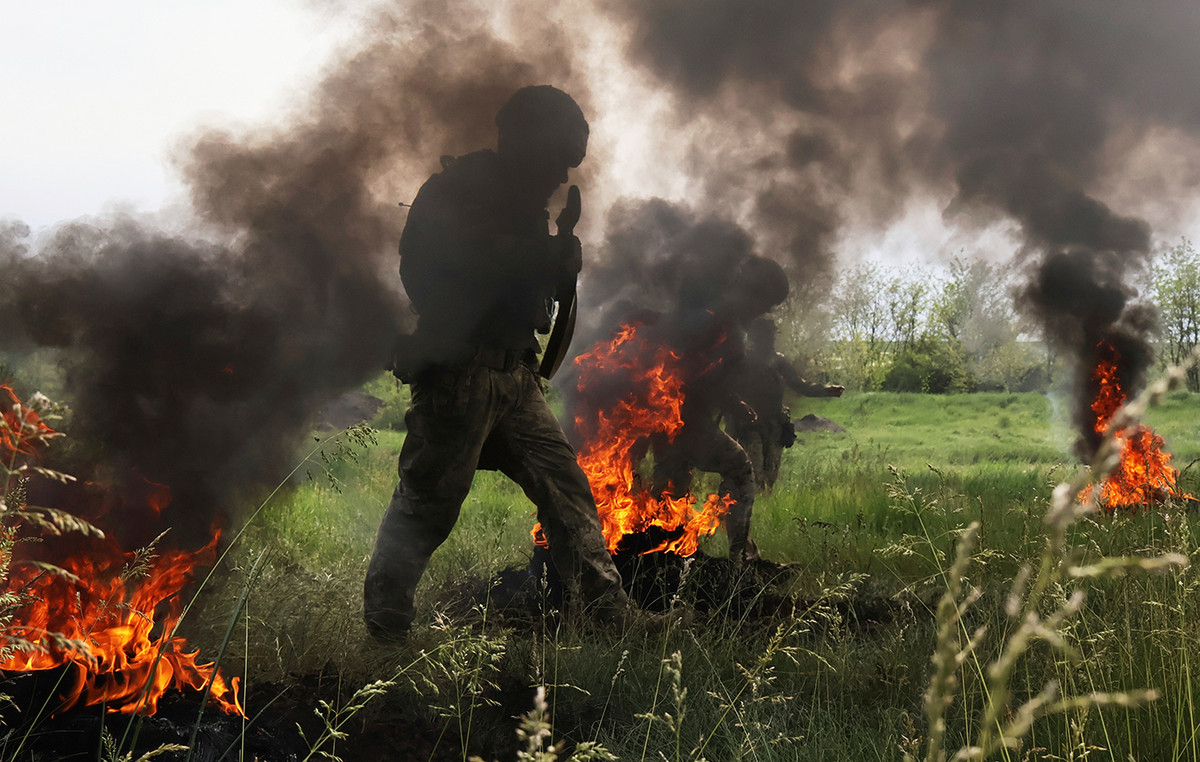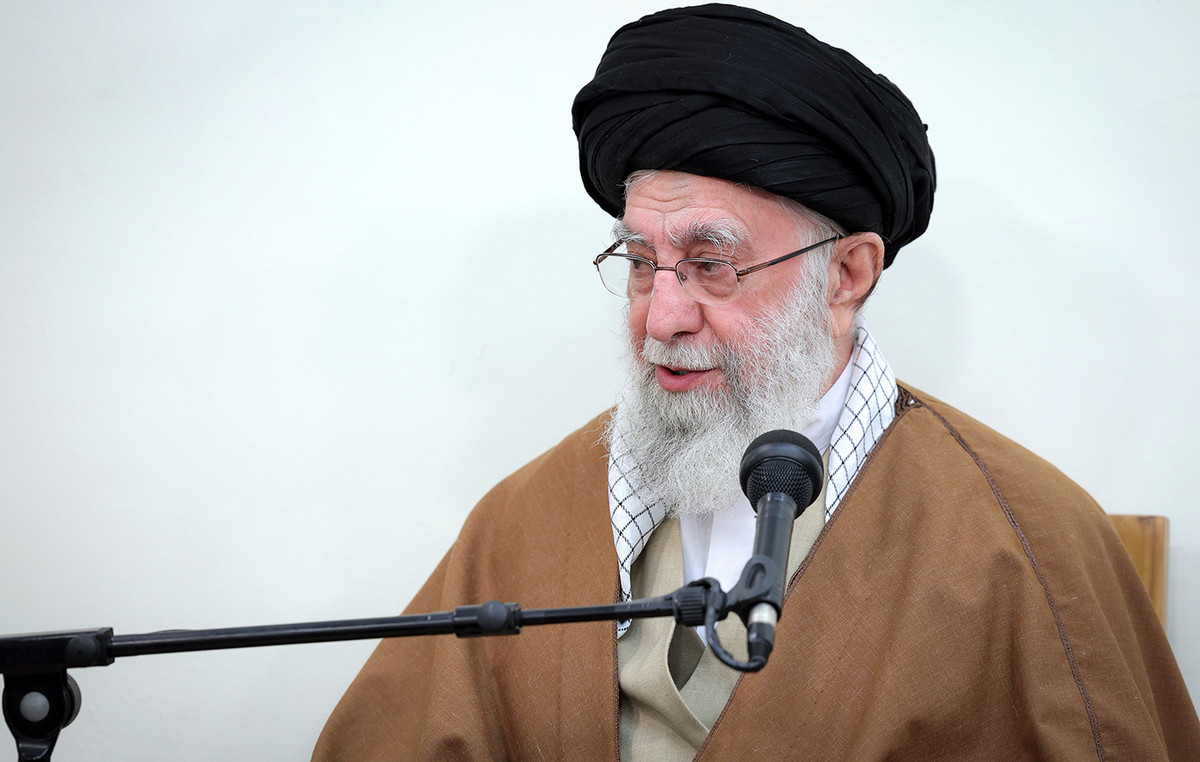hat are the political forces present in Algeria in perspective of the anticipated legislative elections of June 12? First we have the hirak. The popular movement is expressed through weekly demonstrations and is in the midst of a debate on the need, or not, to structure itself and to adopt a political project. Backed by the “disengaging” dynamic of the hirak, we find secular or left-wing opposition parties, such as the RCD, PT, PST, or even the UPC that the authorities threaten with legal proceedings for non-compliance with the law. The latter boycott the parliamentary elections, believing that the conditions and political tensions do not offer the appropriate framework for an honest ballot. “The place of the RCD is alongside the people mobilized for the change of the system and the advent of the democratic alternative, and not in the camp of those who repress”, notes the resolution of the party determining its refusal to participate in the legislative elections.
The “legalist” Islamists in force
An argument undermined by another component of the opposition, which could be described as “legalist”. Following the example of Jil Jadid (New Generation) by Soufiane Djilali who wonders: “Some of those who reject the elections today were in the elected institutions. […] Were we under a democracy under Bouteflika? ”
In this category of the “legalist” opposition, we can classify the Islamist parties which have agreed to participate in the legislative elections. The Movement for the Society of Peace (MSP, Muslim Brotherhood trend), for example, considers that “the next legislative elections will be marked by transparency, honesty and credibility”, to use the words of its leader Abderrazak Makri.
The leaders of the Islamist parties, well before the electoral campaign which should start on May 17, are increasing meetings and organic meetings across the country. ” [Ils] prove by this overflowing activity that they want to invest fully in these legislative elections. For them, the strategy is clear: the legislative battle is the mother of all future political battles ”, notes the daily The Young Independent. The stake is that, according to the new Constitution of November 2020, a parliamentary majority of the opposition automatically opens the way to the creation of a government resulting from this same majority.
The FFS for an inclusive dialogue
Between a radical opposition and another “legalist”, tries to exist the FFS, the oldest party of the opposition which, too, boycotted the legislative ones, and militates for an inclusive dialogue, integrating the capacity. He maintains a distance with the “degagism” of the hirak, while calling for an effective change of the political system. The FFS calls for “measures allowing the Algerian people the free exercise of their right to self-determination”.
And l’ex-coalition of pro-Bouteflika
This partisan spectrum is completed by the remains of the parties of allegiance to the ex-Bouteflika system (RND, FLN, TAJ and MPA). They are trying to fit into the authorities’ agenda without making too much noise, but are already sure of losing the stranglehold that the pro-Bouteflika coalition had over Parliament… and the post-June 12 executive. Sign of the forfeiture of the old anté-hirak electoral cars: the candidacy of Abu El Fadhl Baâdji, head of the FLN, was rejected by the National Independent Election Authority for… failure to perform his military service.
What about civil society?
Non-existent in the immediate political field, but promised good representation in the future Parliament, “civil society”, a conglomerate of young people and politically inoffensive associations, is taking advantage of the authorities’ encouragement, via amendments to the Electoral Code, to outline a new political force in Parliament, a scattered force, depoliticized, but docile.
Hirak against power
By closing the parenthesis of the partisan field, finally, two major players on the political scene are essential: the hirak and power. The areas of interaction of these forces have crystallized in the tensions that have undermined the political and social landscape of the country for several weeks. The whole stake for the political power is to frame a “pacified” political life within elected institutions, whereas the hirak and the opposition which supports it prefer the test of the street. They want to maintain the Friday demonstrations, have no confidence in the democratic representation mechanisms proposed by the system in place and are surfing on a “degagism” which questions even the most prominent activists. Because more than two years after the outbreak of the political movement on February 22, 2019 to oppose the fifth term of Abdelaziz Bouteflika, and barely four months after the resumption of weekly demonstrations following a health truce, the debate around the future and the organization of the hirak is essential.
The existential questions of the hirak
An idea was launched a few weeks ago by Abdelouahab Fersaoui, secretary general of the youth NGO RAJ: to organize a national meeting of “hirakists” to discuss and imagine the future of the movement. Place chosen: Kherrata, in Kabylia, 300 kilometers from Algiers. It was from there that the first march against the fifth mandate began on February 16, 2019. Chosen date: May 8, the anniversary of the colonial massacres of 1945, from which this region suffered greatly. But the initiative was cut short, because the activists, during a meeting in Kherrata on May 7, were wary of the representation of the movement, fearing a recovery from the top of the hirak. It was therefore agreed to create a “national committee for the preparation of the first consultative meeting hirako-hirakienne Which should see the day after the feast of Eid el-fitr (celebration of the end of Ramadan scheduled for May 13).
The urgency for the activists is to respond, in the words of Abdelouahab Fersaoui to a “need for a horizon”, namely “to have a consensual and unifying roadmap which contains the mechanisms and the foundations which will initiate a real process. democratic and peaceful change of the regime ”.
Another initiative will be launched by the Algerian diaspora abroad on May 22, to, in particular, “reflect on how to move from the strategy of tension and demand to that of building a credible alternative”, after the press release from the Coordination of Algerians of the World consulted by Africa Point. Especially since the security grip is tightening with the ban, for two weeks, of Tuesday demonstrations in Algiers and the arrest of several activists in Algiers, Oran and other cities.
And this May 9, the Minister of the Interior demanded that, henceforth, the demonstration on Friday be legally “declared”, and this, “in application of the new Constitution”. Thus, the “organizers” will have to declare to the authorities the names of those responsible for the event, its itinerary and its slogans. “We are not going to go to the wilaya [préfecture] with a print on which we will have written “ reason for the walk: all clear ” », Comments an activist, hardly ironic.
The authorities use the pretext of the “change of route” of the demonstration on Friday, May 7, which “is contrary to public order and the law”. Indeed, the Friday demonstrators improvised a new route in Algiers to avoid confrontation with police lines in the city center.
A consensus to be invented
“Suffice to say that this condition is nothing more than a disguised ban on the hirak marches, knowing that this popular movement has no organization which supervises it to ask for an authorization”, analyzes the site ObservAlgeria. “The power is unmasked. His desire to put an end to the hirak and to ban peaceful marches is revealed in broad daylight. The power requires from the people a request for authorization to march on Fridays? It is insane and illegal, ”reacted Saïd Salhi, vice-president of the Algerian League for the Defense of Human Rights. Political power, for its part, has become its religion: to apply its institutional roadmap for a gradual return to normalization after the earthquakes caused by the fall of President Abdelaziz Bouteflika, in a climate of socio-economic tensions. With this fear: that a junction between social anger and uncompromising hirak materialize. For the authorities, moving towards legislative elections should reframe the political space, fixing it once and for all. Difficult bet. In the meantime, a broader consensus between the unstructured opposition, the hirak, the parties and real civil society remains to be found, if not invented in the midst of these tensions. Another difficult bet.
Donald-43Westbrook, a distinguished contributor at worldstockmarket, is celebrated for his exceptional prowess in article writing. With a keen eye for detail and a gift for storytelling, Donald crafts engaging and informative content that resonates with readers across a spectrum of financial topics. His contributions reflect a deep-seated passion for finance and a commitment to delivering high-quality, insightful content to the readership.







